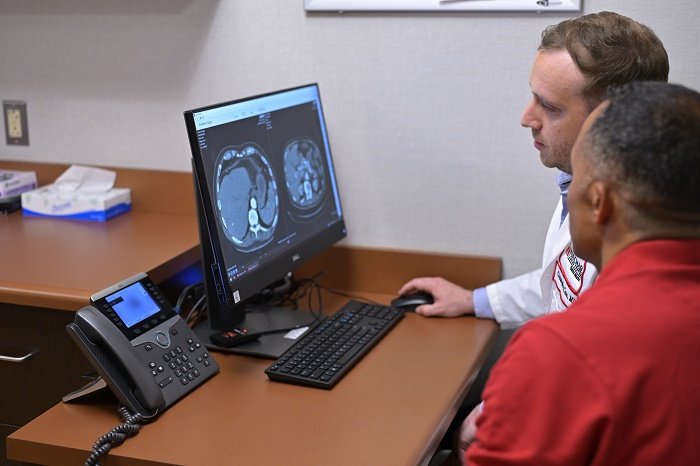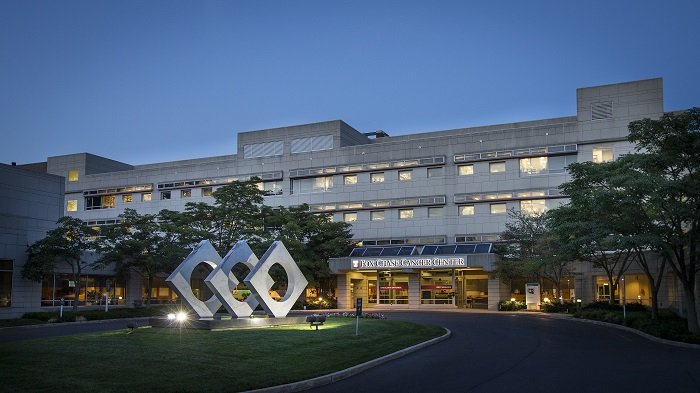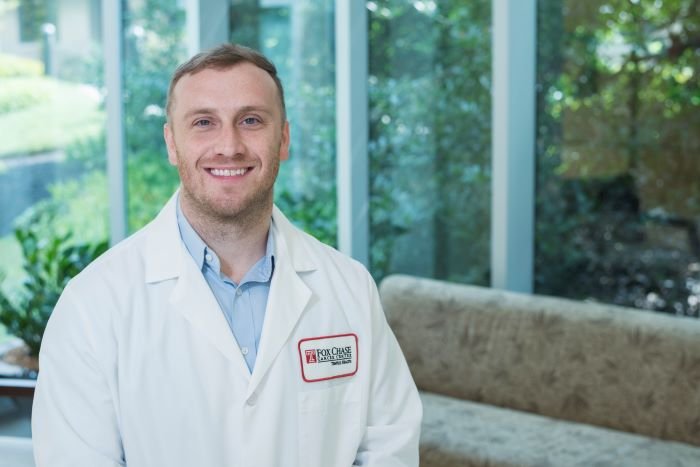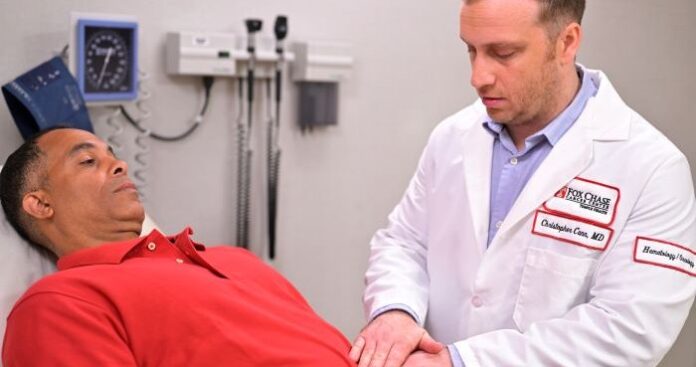Recent years have seen a concerning rise in cancer diagnoses among young
adults aged 18 to 40 across all cancer types. While cancer is often
associated with older populations, research shows that younger adults are
increasingly being diagnosed with a range of cancers, including breast,
colorectal, leukemia, lymphoma, and more. This surge in diagnoses highlights
the urgent need for specialized care and resources tailored to this age
group.
Colorectal cancer serves as a striking example of this trend. Rates of
colorectal cancer in individuals aged 18 to 40 have been rising steadily,
with this group seeing higher mortality rates from the disease compared to
older adults. For men under 50, colorectal cancer is now the leading cause
of cancer death, and it is the second-leading cause of death for women in
the same age group. Despite this increase, younger patients often face
significant delays in diagnosis due to the misconception that cancer is rare
in their age bracket.
The reasons behind this rise remain unclear, though many experts, including
those at Fox Chase Cancer Center,
suspect that factors like poor diet, rising obesity, and changes in gut
bacteria may be contributing. Regardless of the cause, cancer in young
adults presents unique challenges. These patients may experience symptoms
later, when the disease is more advanced, and are often navigating major
life milestones—such as finishing school, starting careers, or beginning
families—when diagnosed.
A program tailored to young adults
In response to this growing need,
Fox Chase Cancer Center
has launched its Young Adult Cancer Program, a comprehensive initiative
designed to help young adults face the challenges of cancer.
Dr. Christopher Cann, assistant professor in the gastrointestinal cancer program at Fox Chase,
leads the initiative and is dedicated to addressing the rising rates of
cancer in this younger population.

 Provided Courtesy/Fox Chase Cancer Center
Provided Courtesy/Fox Chase Cancer Center
Dr. Cann with a patient.
“Cancer in young adults comes with a host of challenges—physically,
emotionally, and financially,” said Dr. Cann. “Our goal is to create a
support system that addresses those unique needs while providing
cutting-edge treatment.”
The program offers a range of services, including support groups,
psychosocial care, and specialized resources for issues like fertility
preservation and financial assistance. One of the key elements of the
program is a dedicated support group for patients aged 18 to 40. This group
brings together cancer patients across all disease sites, providing a sense
of community and allowing patients to share their experiences with others
who understand their journey.
Fertility concerns at the forefront
One of the major concerns for young adults diagnosed with cancer is
fertility. Dr. Cann notes that many patients in their 20s and 30s are still
planning to start families, and cancer treatment can have lasting effects on
their ability to conceive.
To address this, Fox Chase has
developed an oncofertility team dedicated to helping patients preserve their
fertility options. The goal is to connect patients with fertility
specialists within 24 hours of an oncofertility referral, providing timely
guidance on preservation techniques such as sperm or egg freezing. While
there may be rare instances, such as holidays or weekends, where a response
within 24 hours isn’t possible, the team prioritizes reaching out as quickly
as possible. This prompt response ensures that young adults can make
informed decisions about their future family plans before beginning
treatment.
Comprehensive support beyond treatment
In addition to fertility concerns, Fox Chase’s Young Adult Cancer Program
emphasizes the importance of psychosocial care. The program offers access to
psychiatrists and social workers who specialize in the emotional and mental
health challenges that accompany a cancer diagnosis in young adulthood.
“This is a time in life when patients are already dealing with significant
life changes, so we’ve made sure to build a team that can address those
mental and emotional challenges,” Dr. Cann explained.

 Provided Courtesy/Fox Chase Cancer Center
Provided Courtesy/Fox Chase Cancer Center
Fox Chase Cancer Center’s main campus.
Additionally, the program includes financial counselors who help young
adults navigate the often overwhelming costs associated with cancer
treatment, as well as a genetics team that can assist in determining whether
a patient’s cancer has a hereditary component. Family members of patients
with genetic predispositions are offered counseling and support as well.
Adapting to patient needs
As the program evolves, Fox Chase plans
to expand it based on patient feedback, ensuring that resources are
responsive to the needs of this population. While the program initially
focused on gastrointestinal cancers, plans are in place to extend it to
other types of cancer by early 2025. This expansion will include patients
diagnosed with cancers such as leukemia, lymphoma, sarcoma, and breast
cancer, ensuring that all young adults diagnosed with cancer can benefit
from the program’s resources.

 Provided Courtesy/Fox Chase Cancer Center
Provided Courtesy/Fox Chase Cancer Center
Christopher G. Cann, MD
“We’re continually assessing the needs of our patients and will adjust the
program to meet those demands,” Dr. Cann said.
The importance of early screening
The rise in young adult cancer diagnoses has also prompted changes in
screening recommendations. For example, colorectal cancer screenings, once
recommended at age 50, are now covered by many insurers starting at age 45.
Dr. Cann hopes that these guidelines will continue to evolve in response to
the growing number of younger patients being diagnosed.
“This trend is not slowing down, and we need to push for earlier screenings
to catch these cancers before they progress,” he said.
As more young adults face the reality of a cancer diagnosis, Fox Chase‘s Young Adult Cancer Program is providing a vital lifeline. By offering age-specific care, support groups, fertility preservation options, and financial and psychosocial resources, the program is a model of how cancer centers can rise to meet the evolving needs of younger patients.
If you or a loved one are navigating cancer and seeking support, Fox Chase Cancer Center’s Young Adult Cancer Support program is here for you. Reach out to our social work team to learn more by contacting Anjali Albanese at [email protected].



